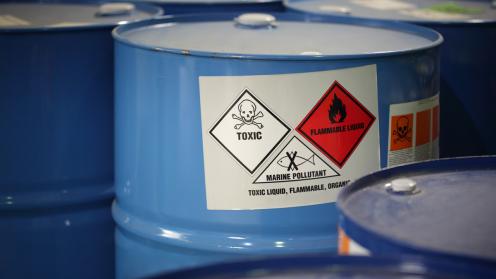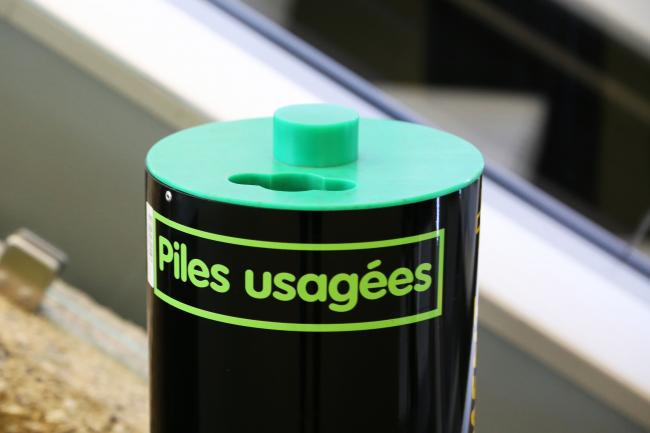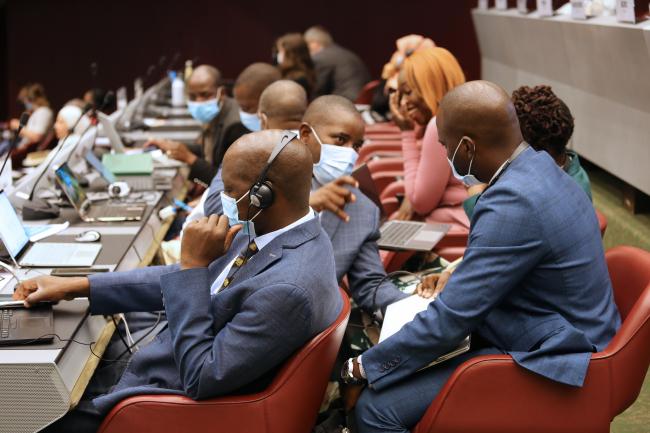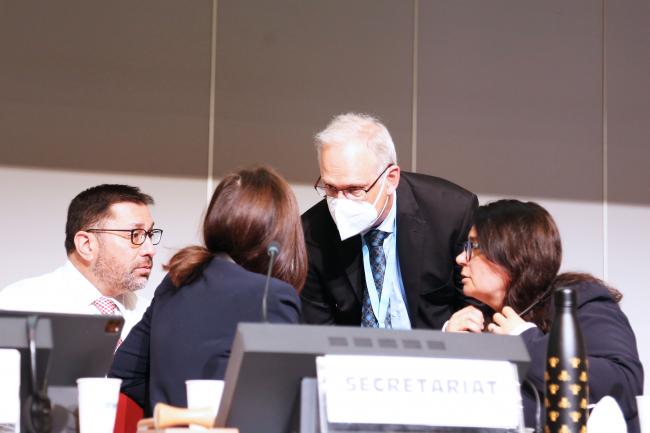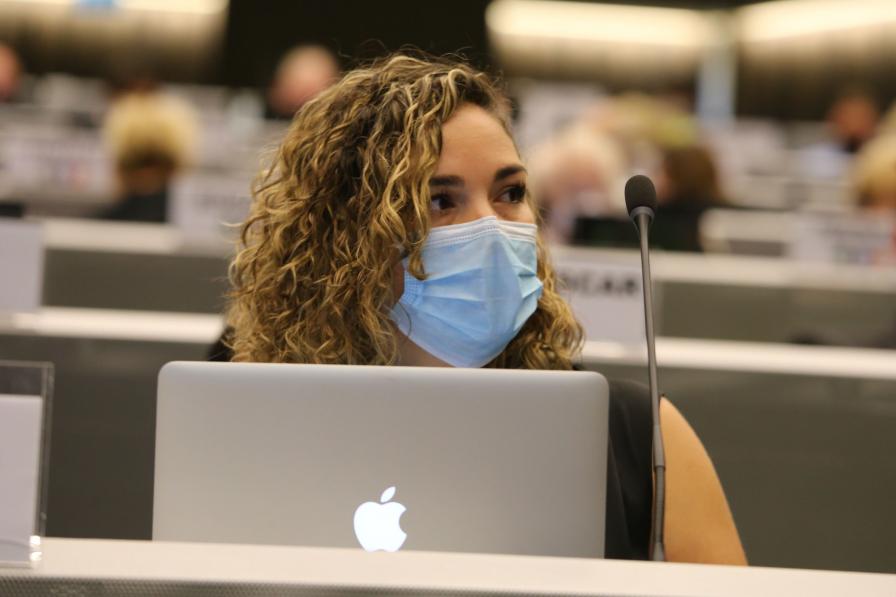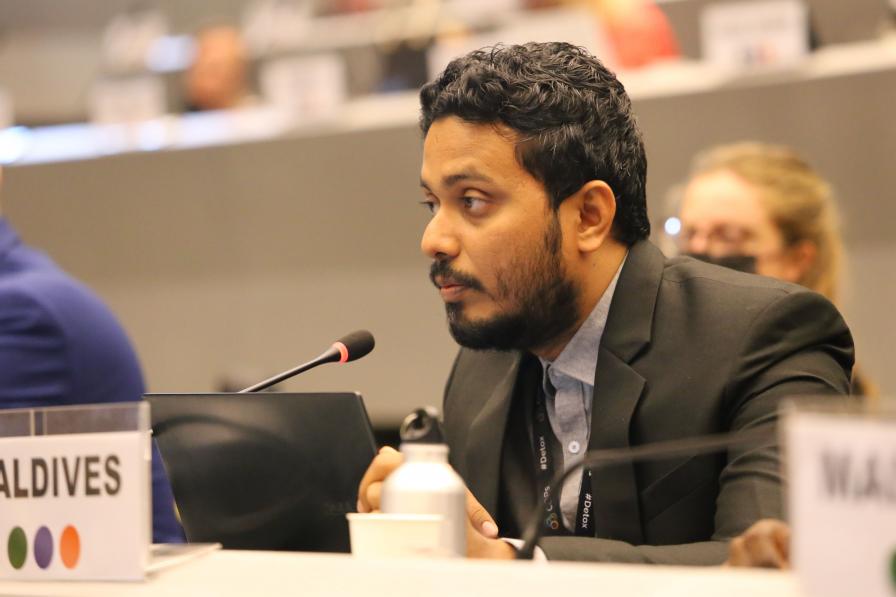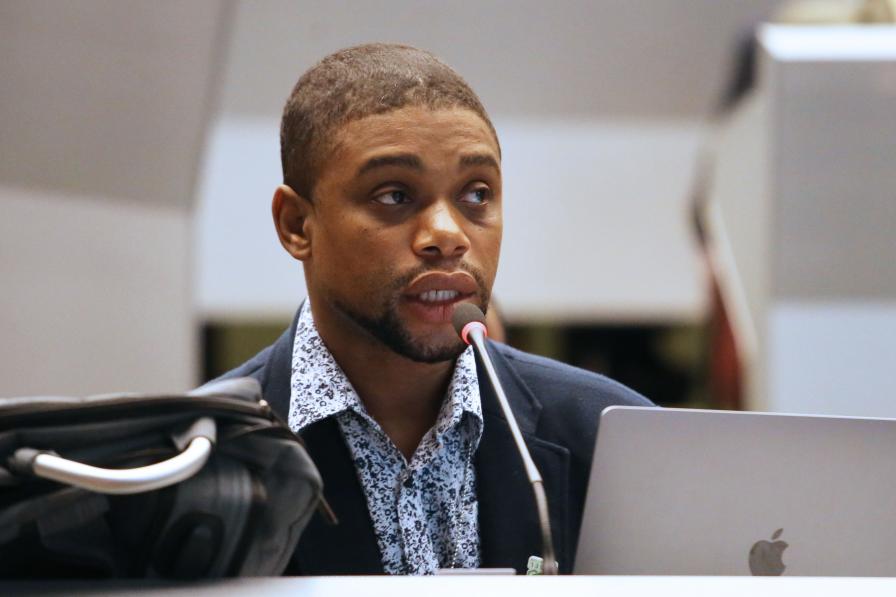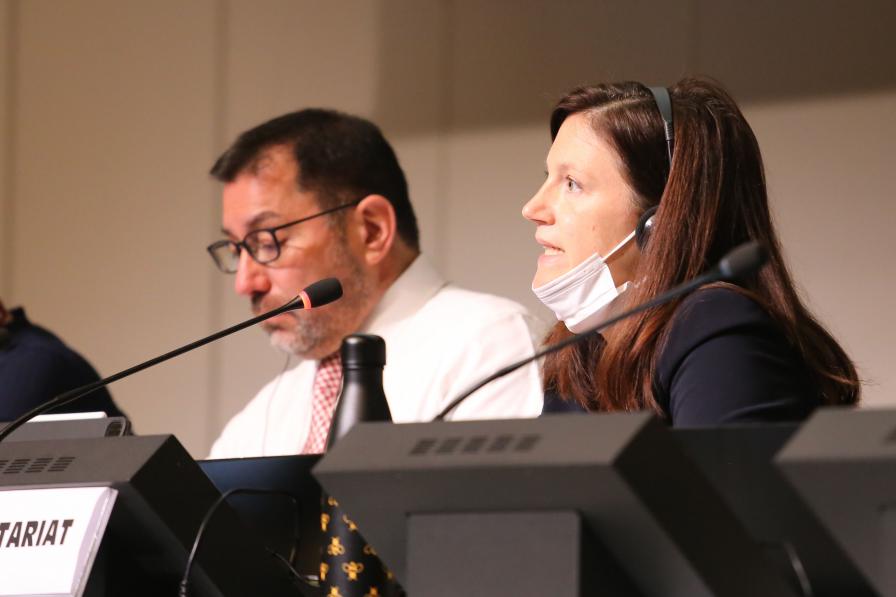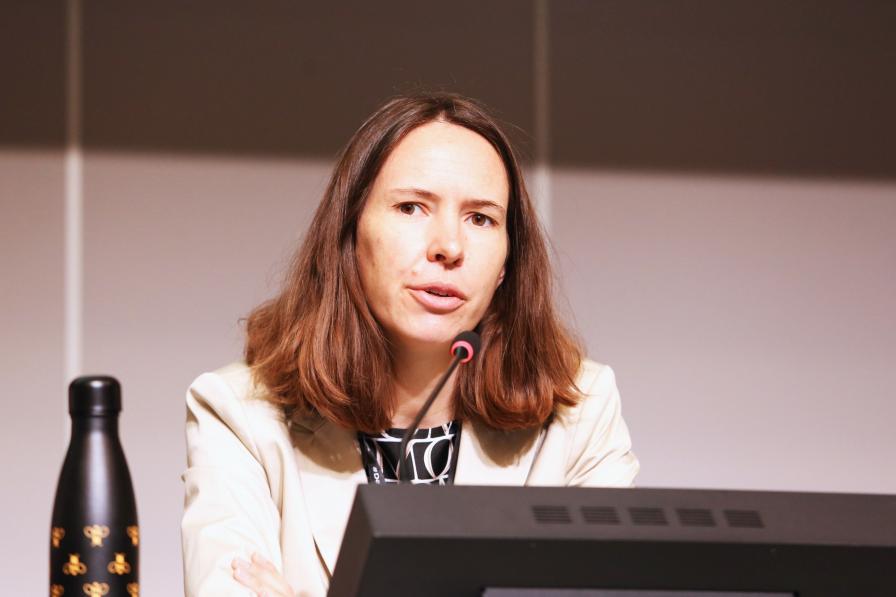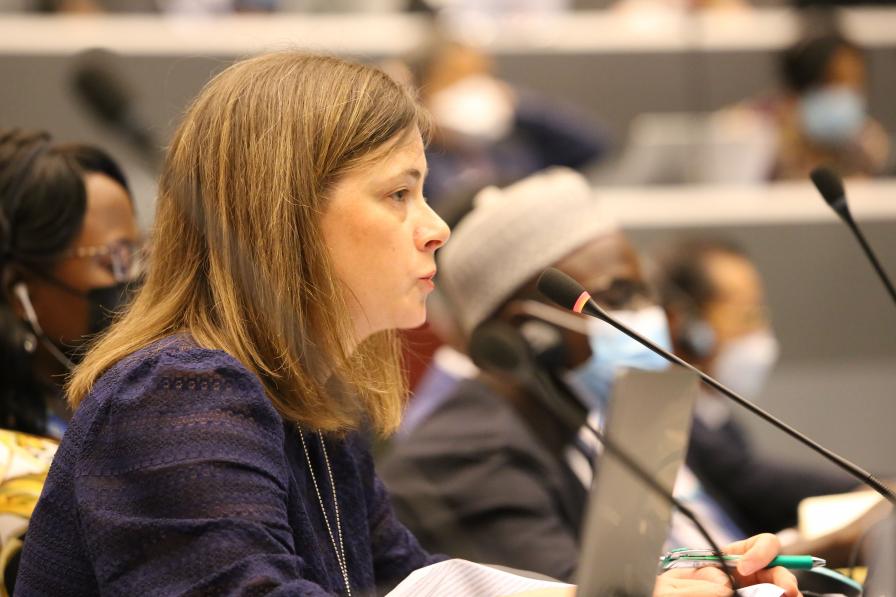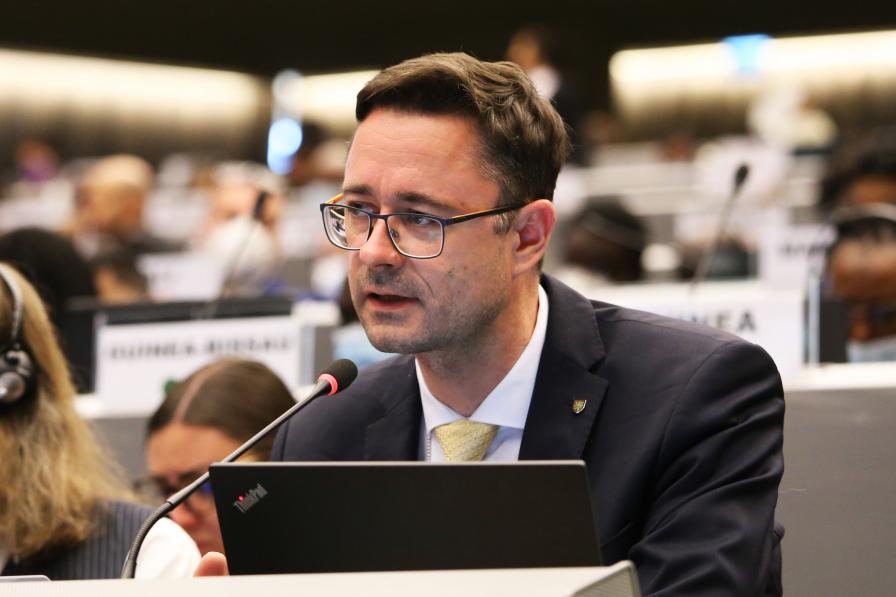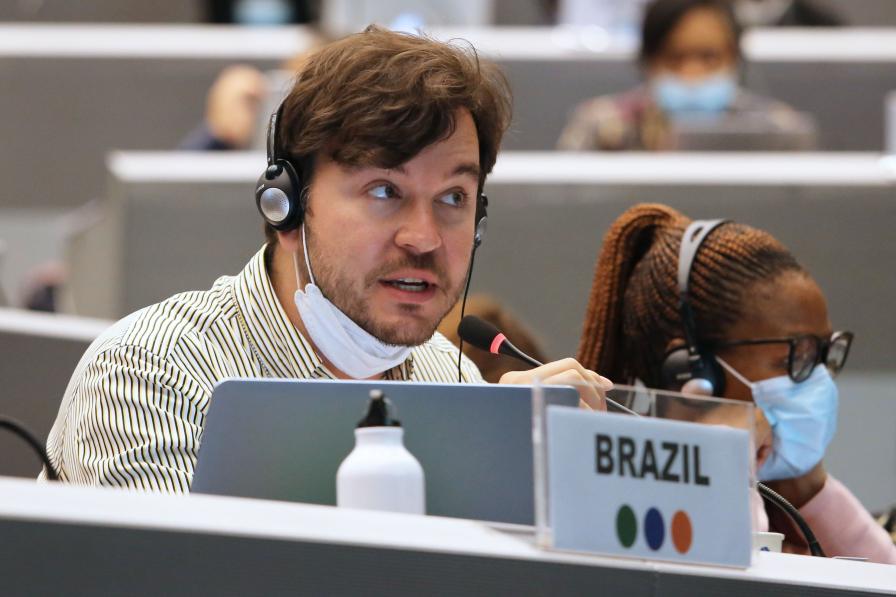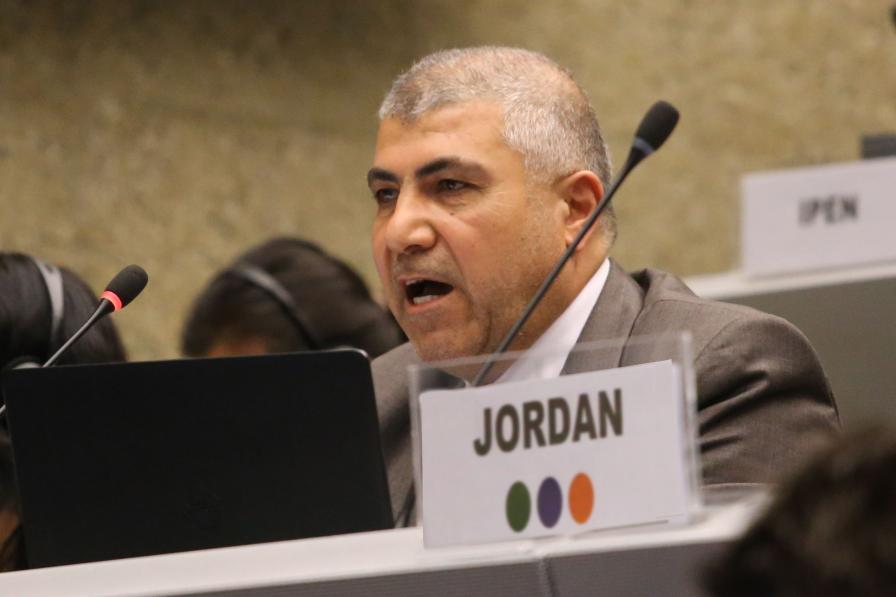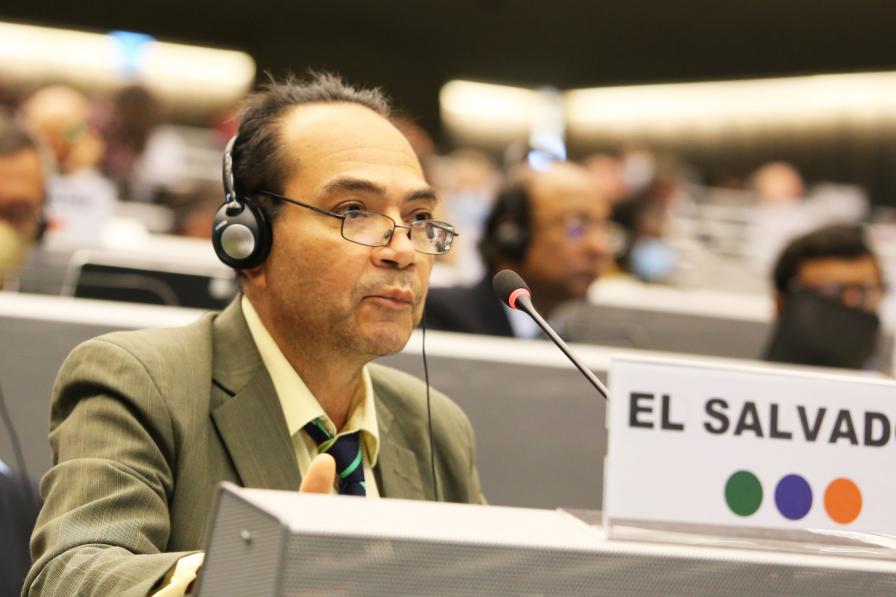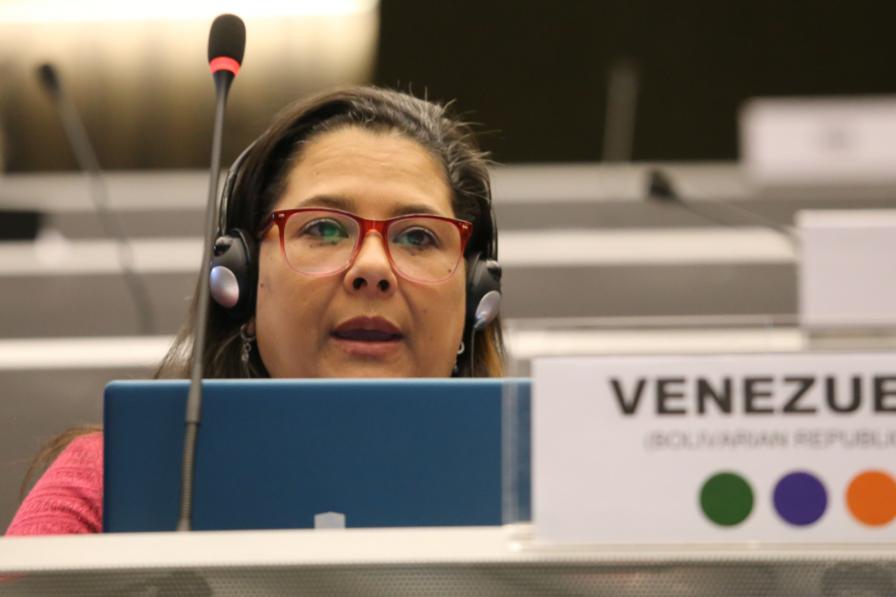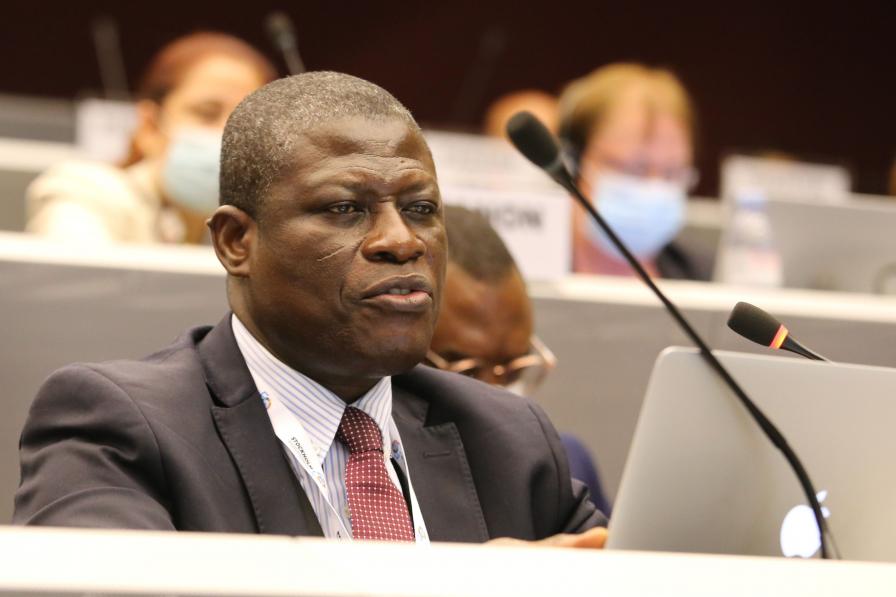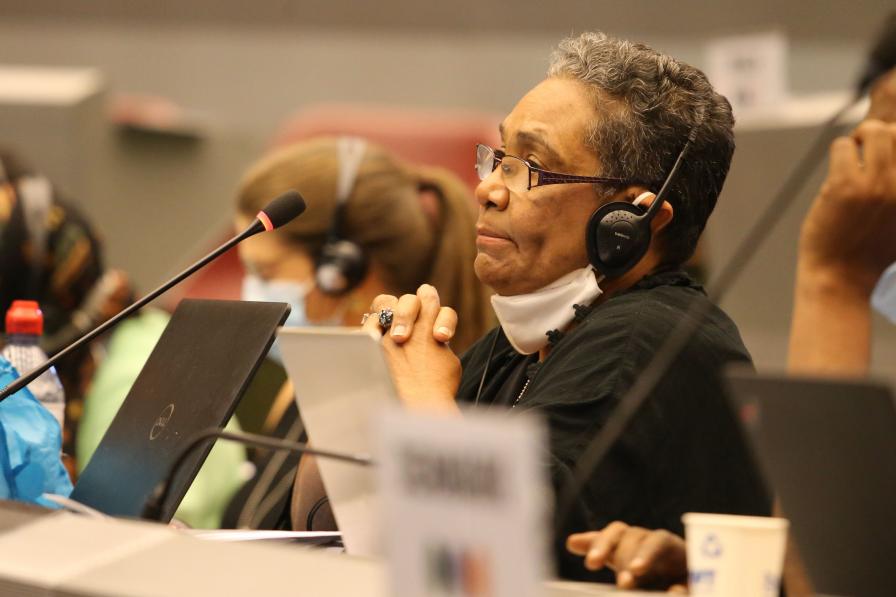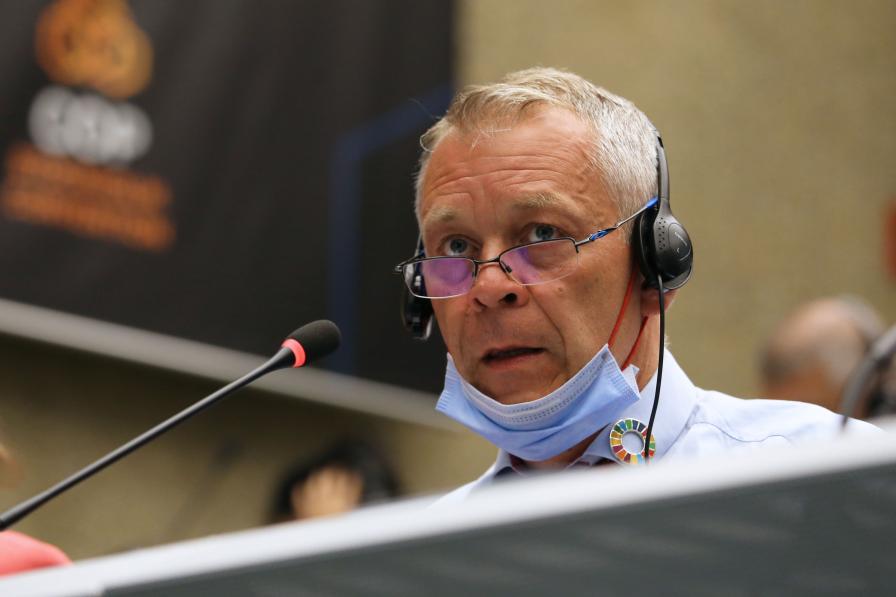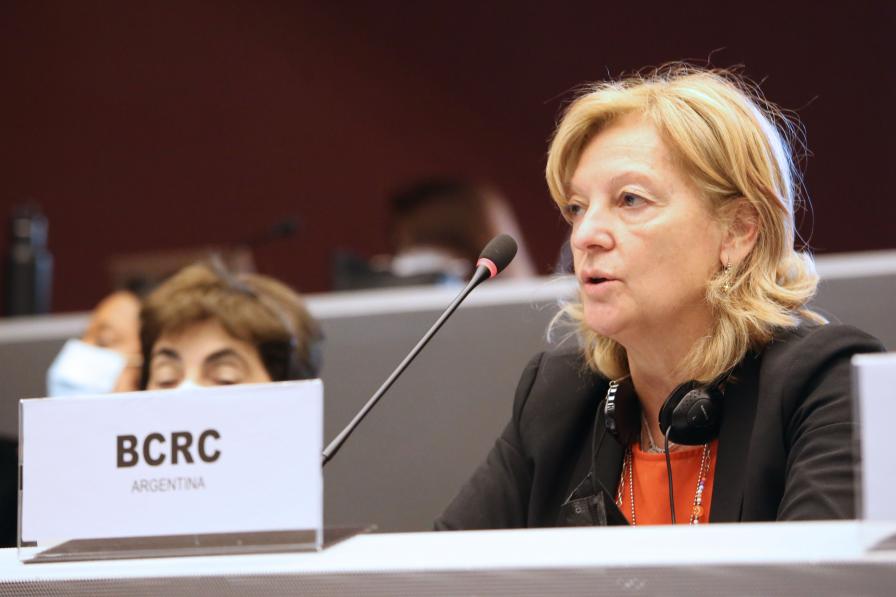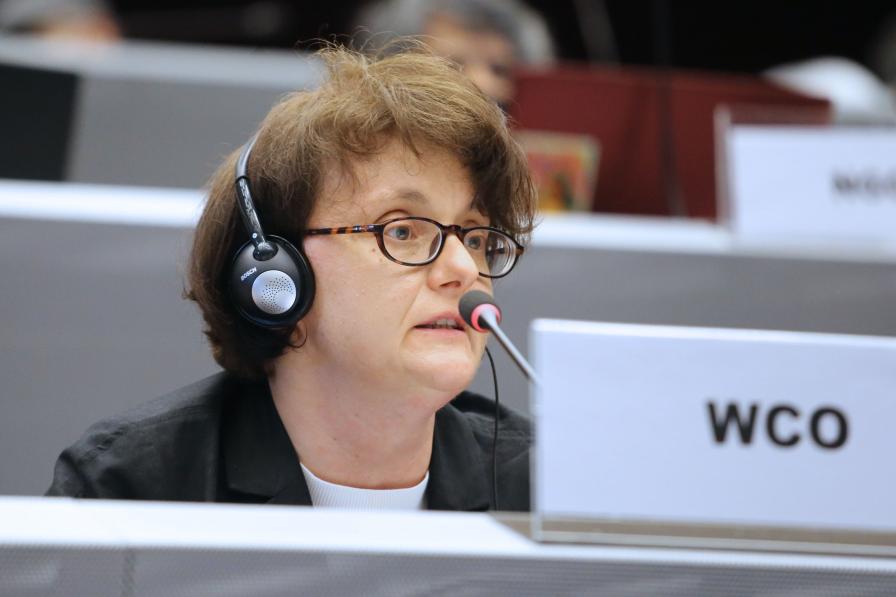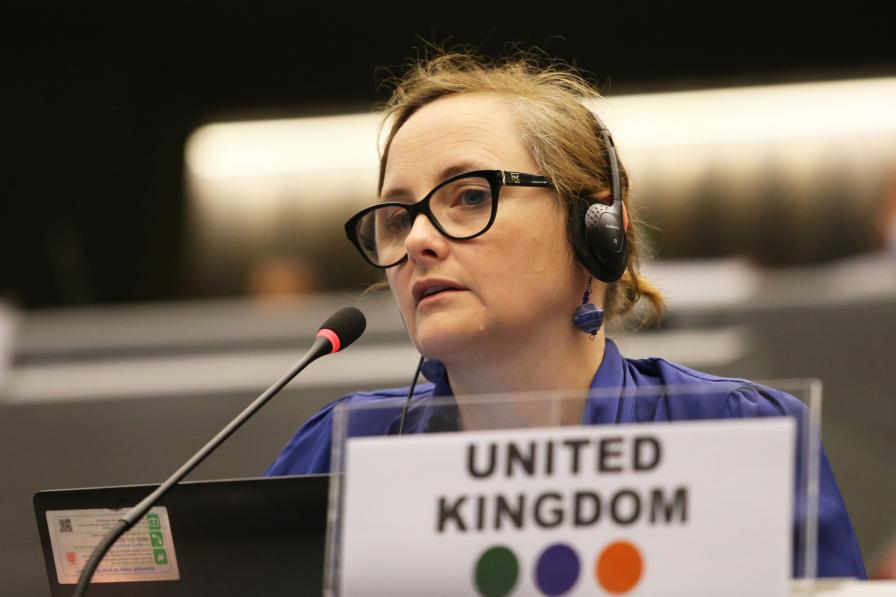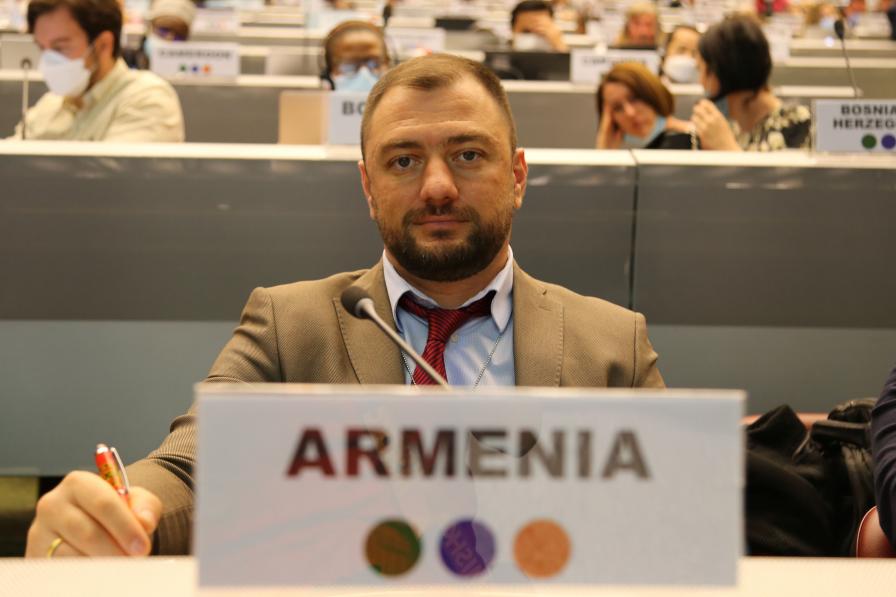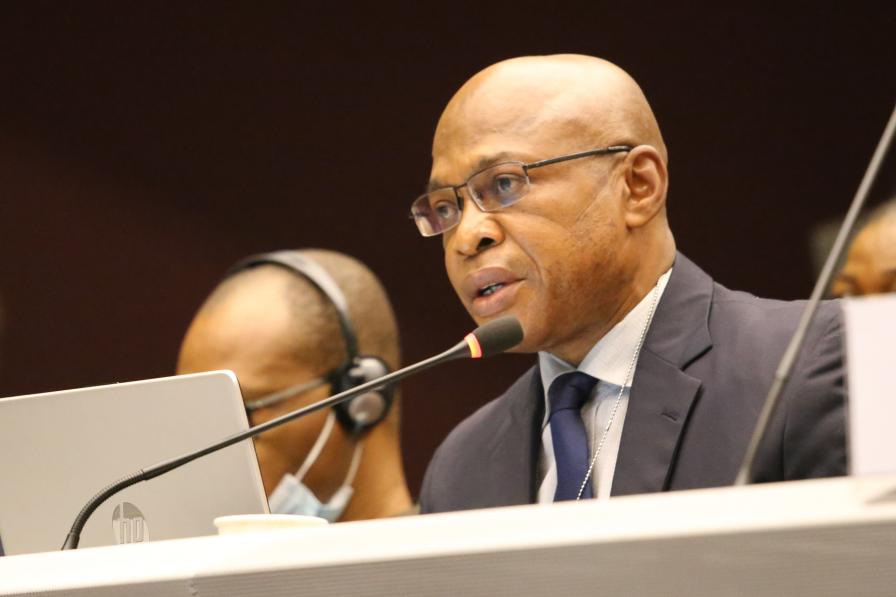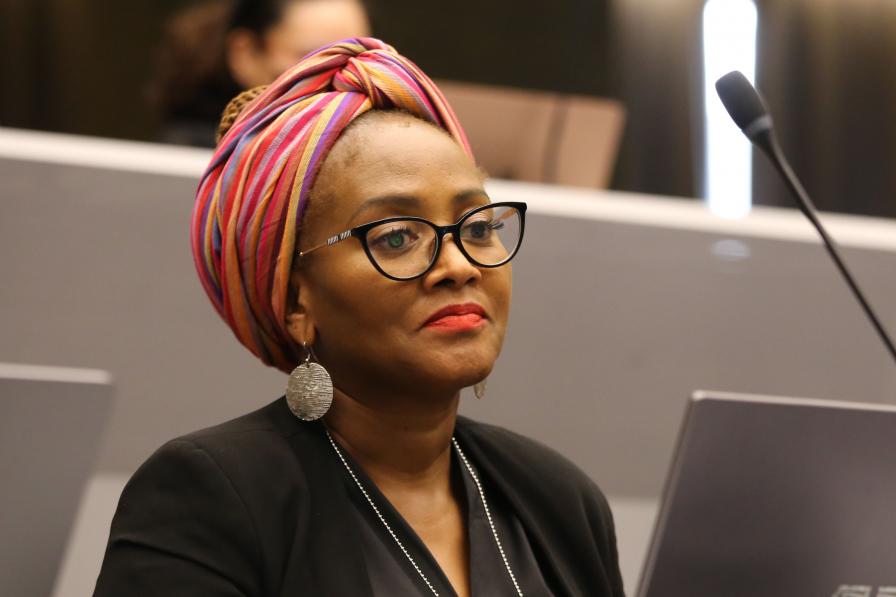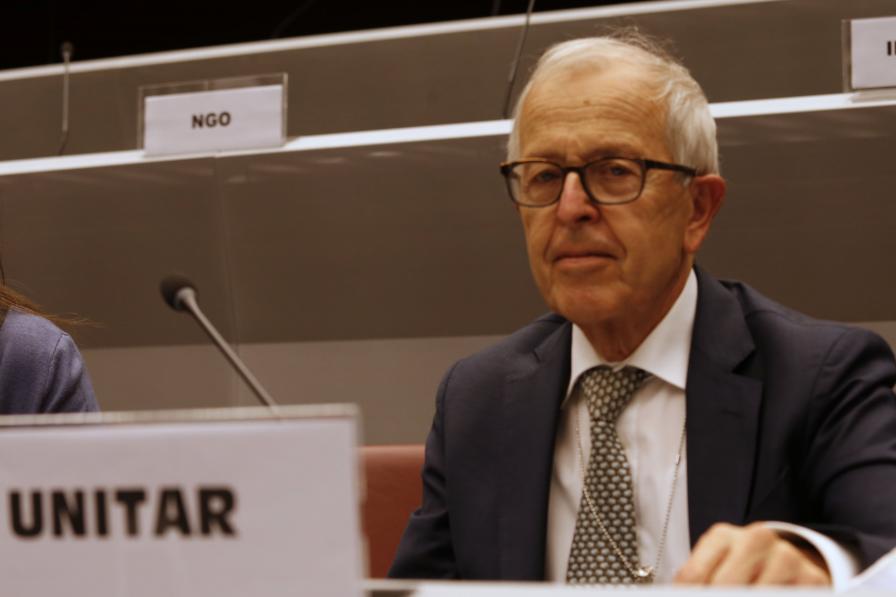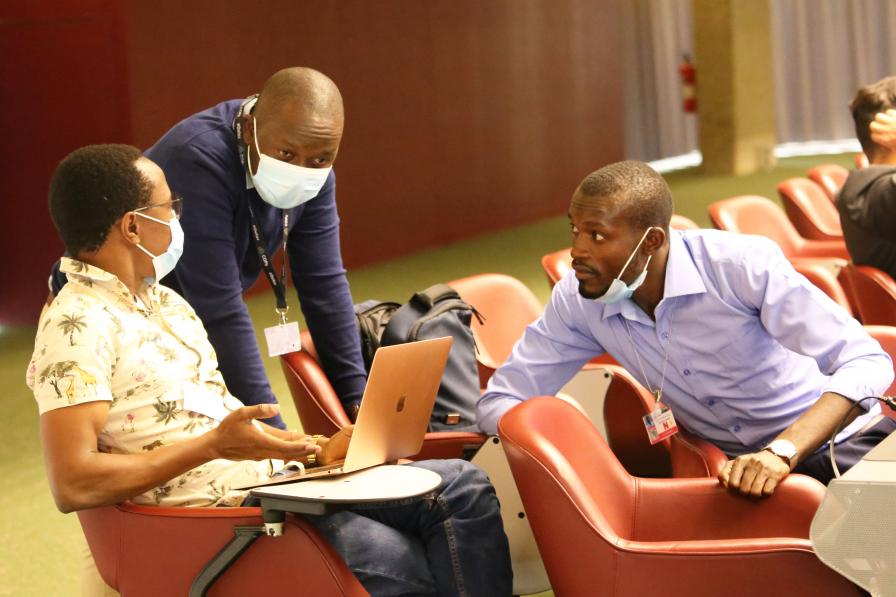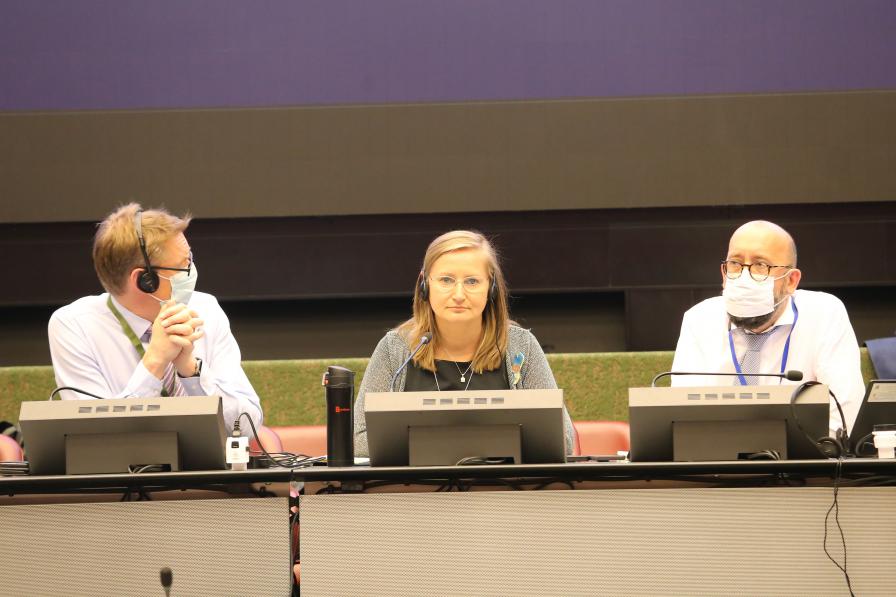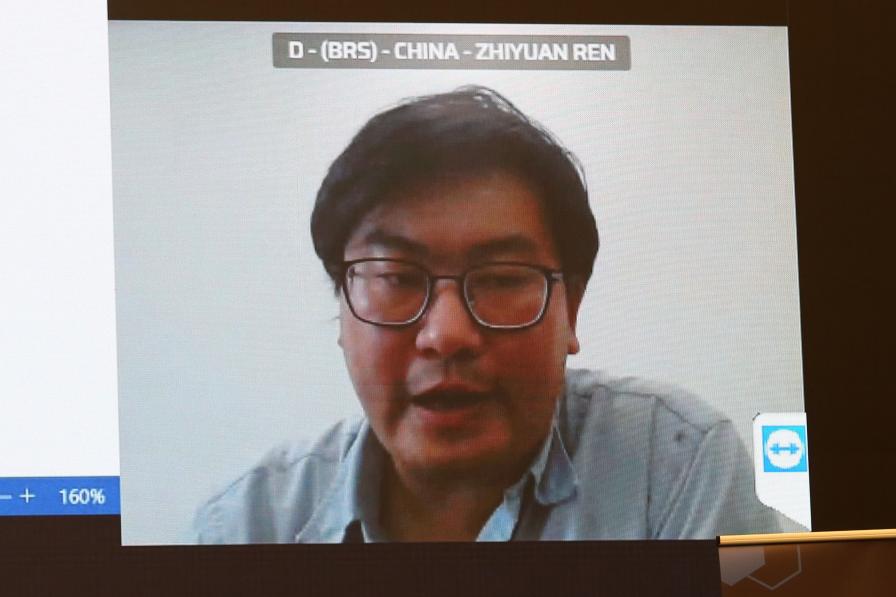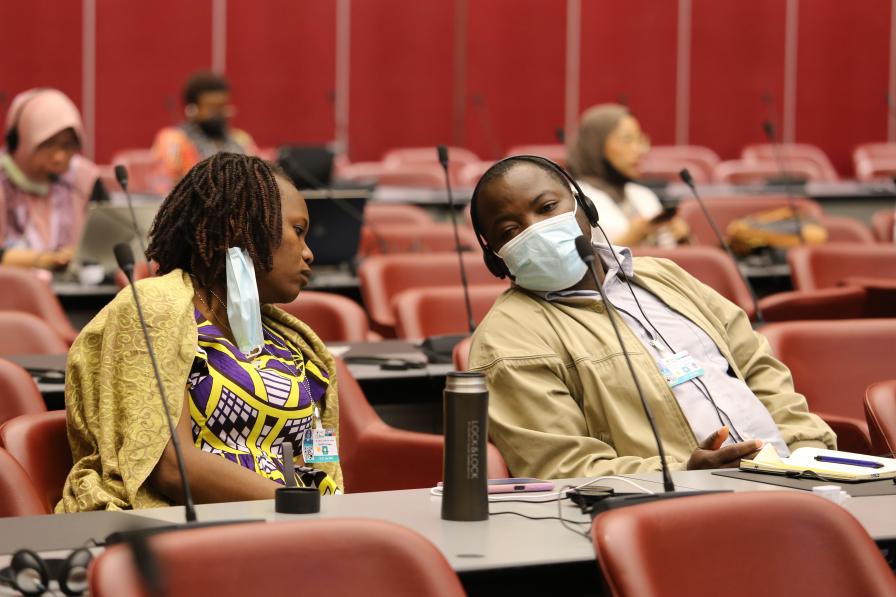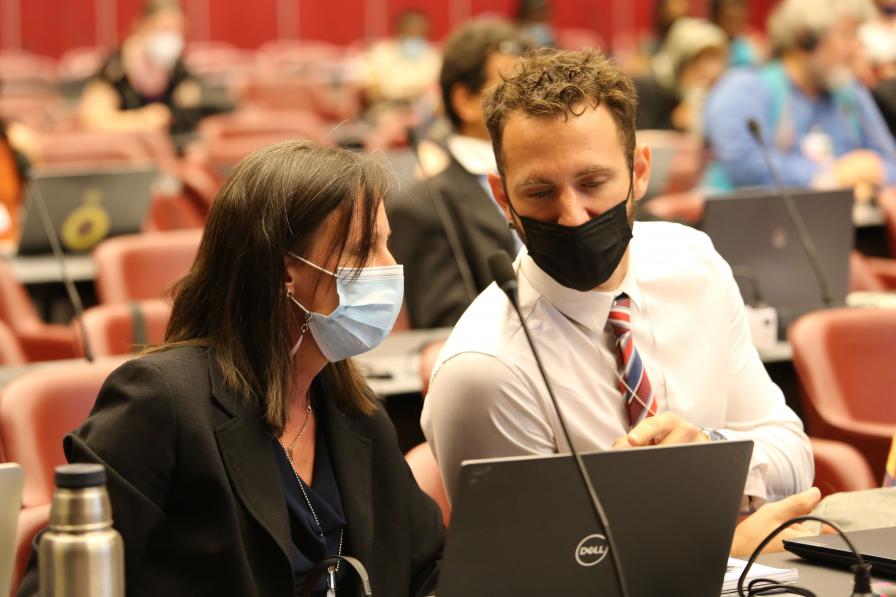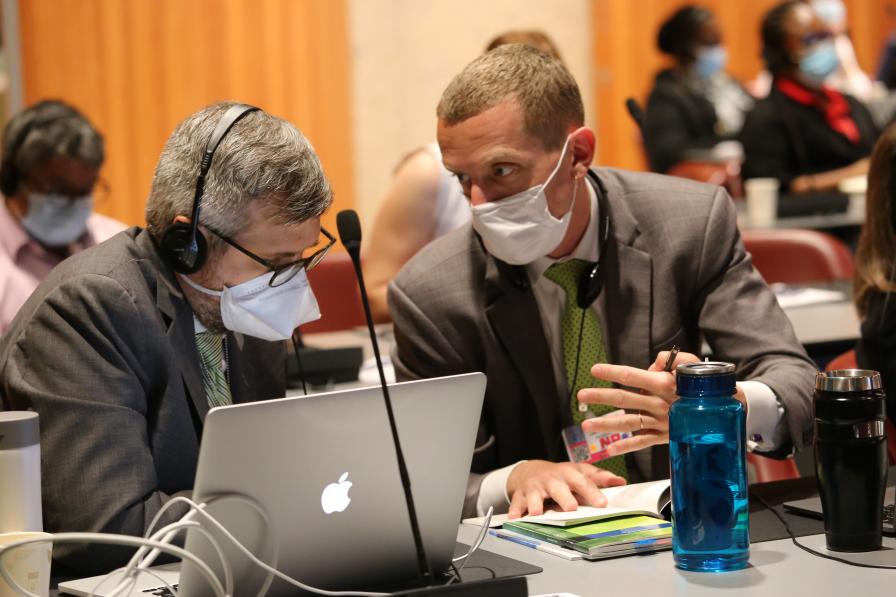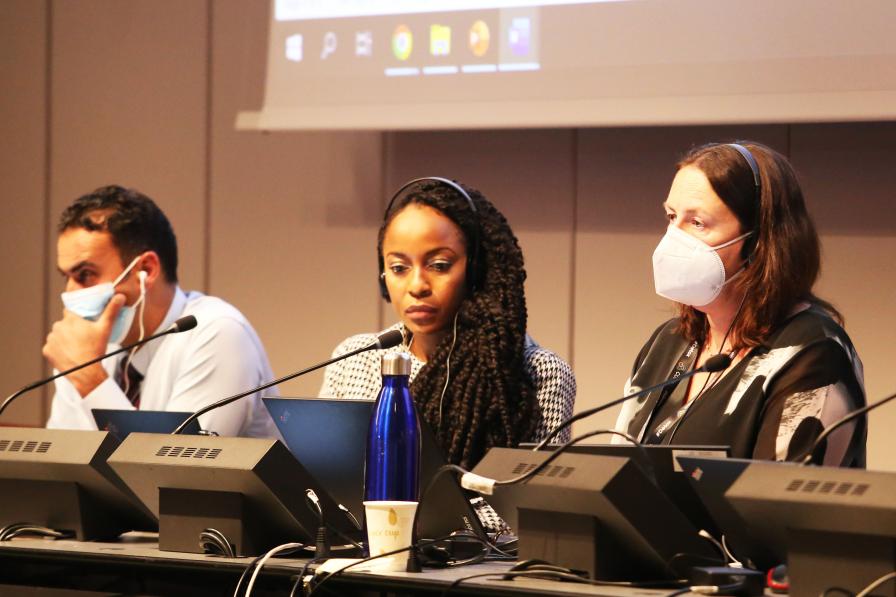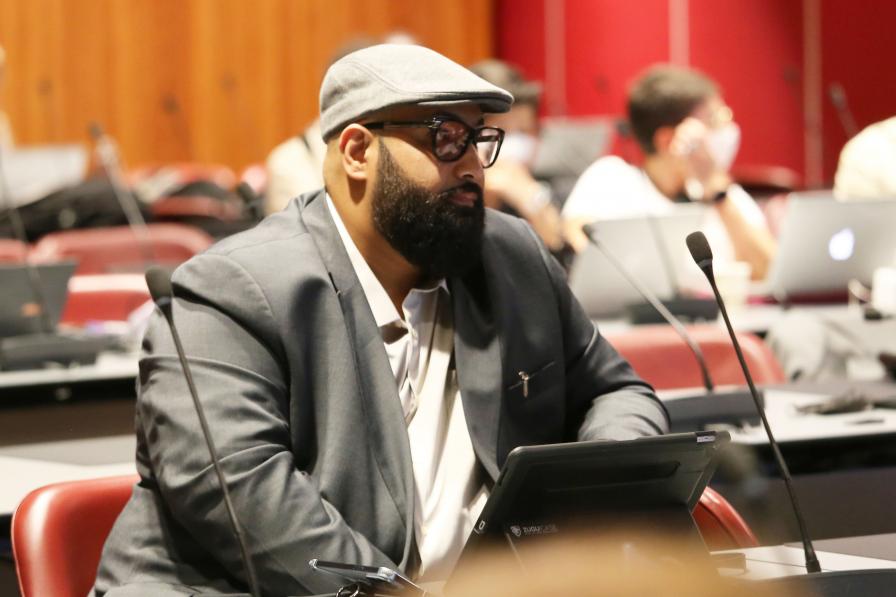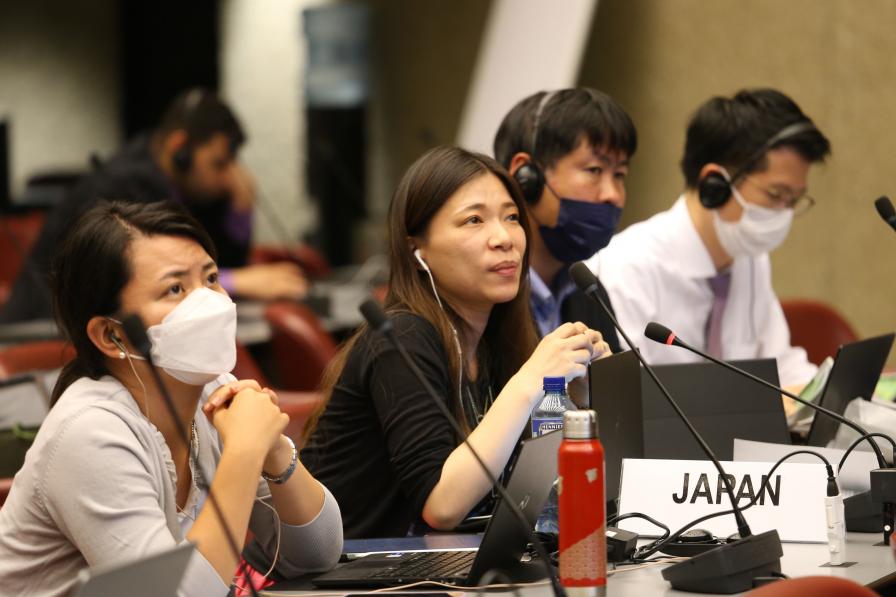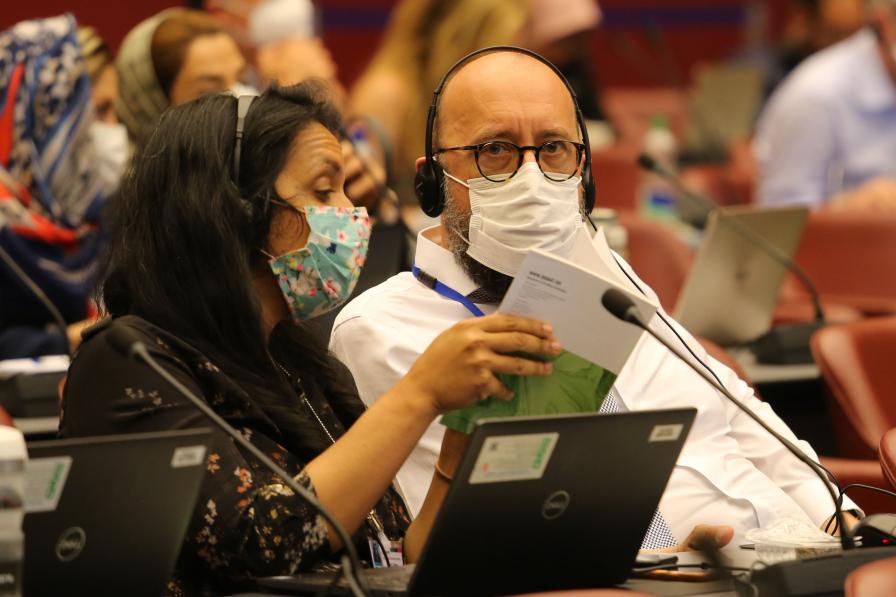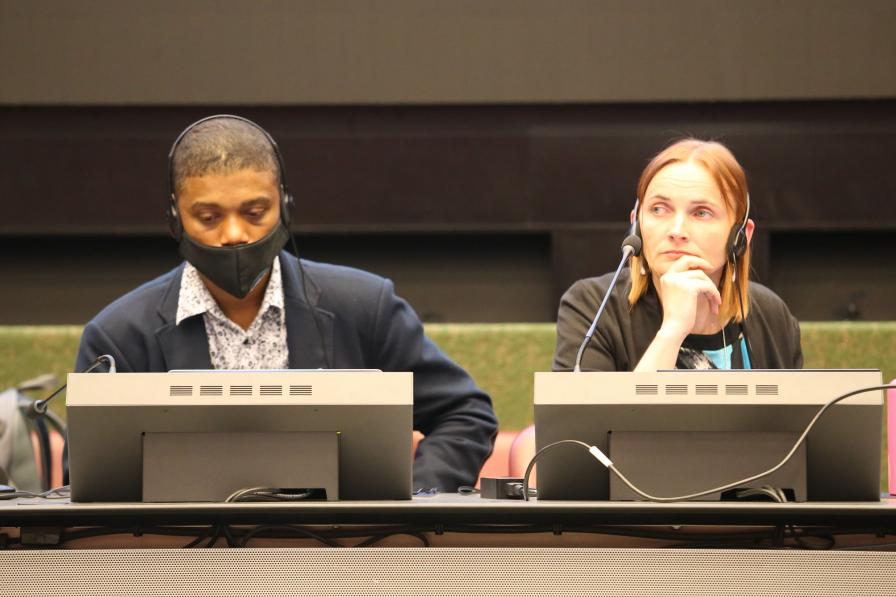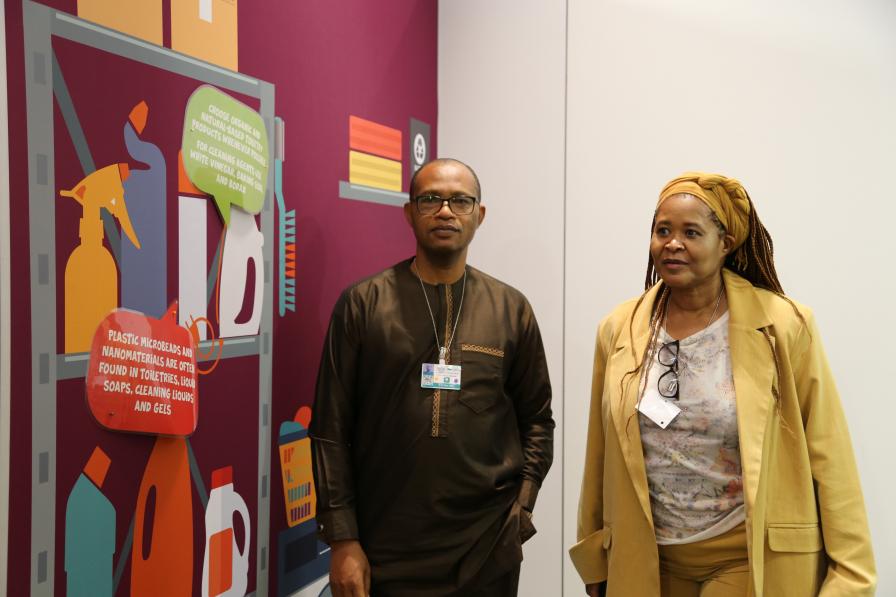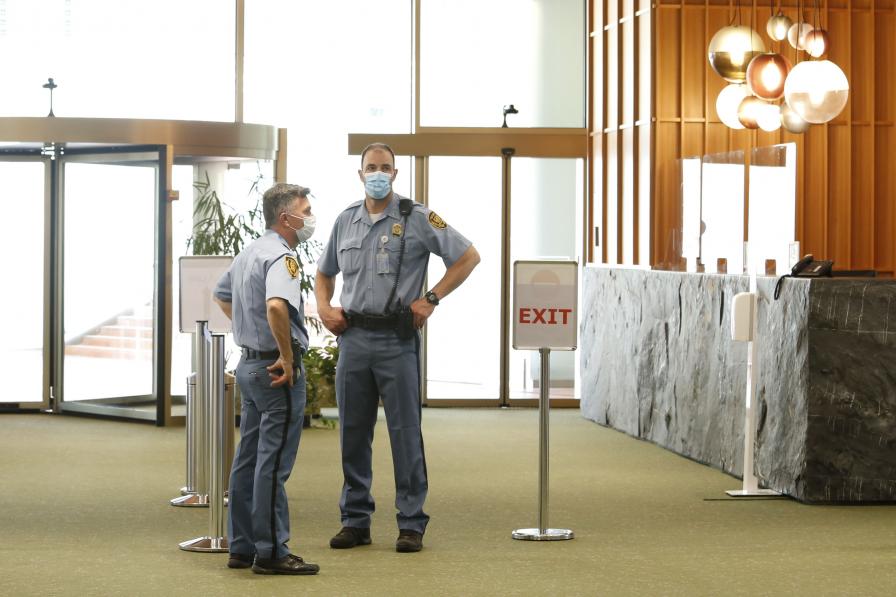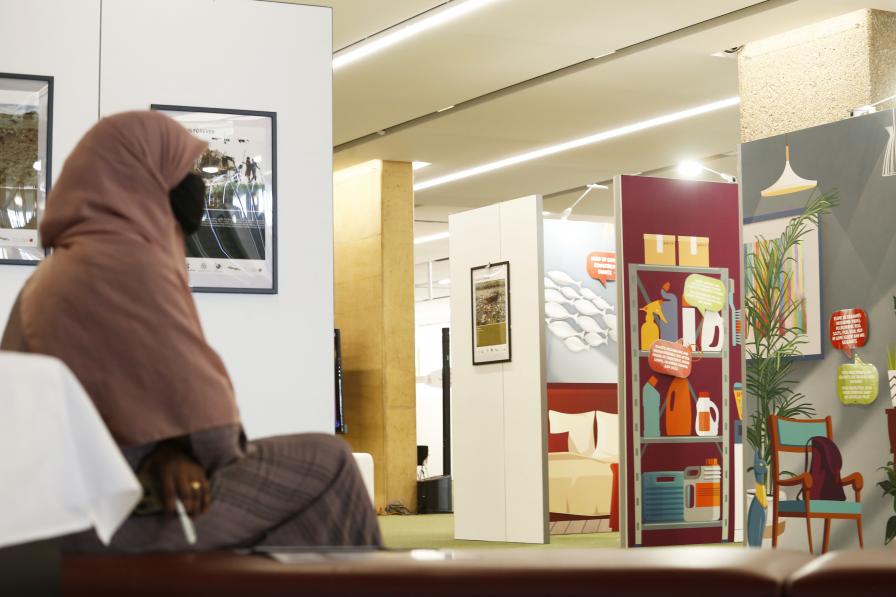Sunday was not a day of rest for delegates returning to work at the Basel, Rotterdam, and Stockholm (BRS) Conventions. Attention focused almost entirely on the expansive agenda of the Basel Convention (BC) as it addresses the global trade of hazardous wastes, and other wastes of concern, including plastic and household waste.
Want to go deeper on today's talks? Read the Earth Negotiations Bulletin daily report.
Delegates focused on high-level strategic issues, including the functioning of the Convention’s prior informed consent (PIC) procedure and the strategic framework. The PIC procedure is at the center of the Convention. It allows developing countries to have information about what is in waste shipments and how to handle the waste safely. Crucially, the PIC procedure empowers these countries to refuse the shipment. But, shipment-by-shipment notifications are bureaucratically complex and can lead to delays that can slow global supply chains.
The strategic framework is the opportunity for the parties to look ahead and anticipate emerging waste concerns. Today, they highlighted lithium-ion batteries, which are difficult to recycle and to safely manage as waste. But they power electric vehicles and other technologies crucial to reducing greenhouse gas emissions.
Delegates also spent much of the day on the fastest-growing waste stream in the world - electronic and electrical waste (e-waste). There is widespread agreement to make all e-waste subject to the PIC procedure. This could go a long way to protect developing countries from amassing additional mountains of e-waste that pose significant risks to health and the environment. E-waste is complex, and delegates are struggling with how to put this widespread agreement into the context of a Convention negotiated over 30 years ago for more straightforward waste streams.
As agreed by negotiators and explored in a side event, the BC is also poised to begin a phase of the Partnership on Action for Computing Equipment (PACE), a multi-stakeholder partnership first launched in 2008 to encourage the environmentally sound management of used and end-of-life computing equipment. Other side events considered how the Basel Convention could help address plastic pollution and, with advanced recycling, achieve a circular economy. The United Nations Institute for Training and Research (UNITAR) showcased its new research and training on e-waste.
To receive free coverage of global environmental events delivered to your inbox, subscribe to the ENB Update newsletter.
All ENB photos are free to use with attribution. For photos please use: Photo by IISD/ENB | Angeles Estrada Vigil
